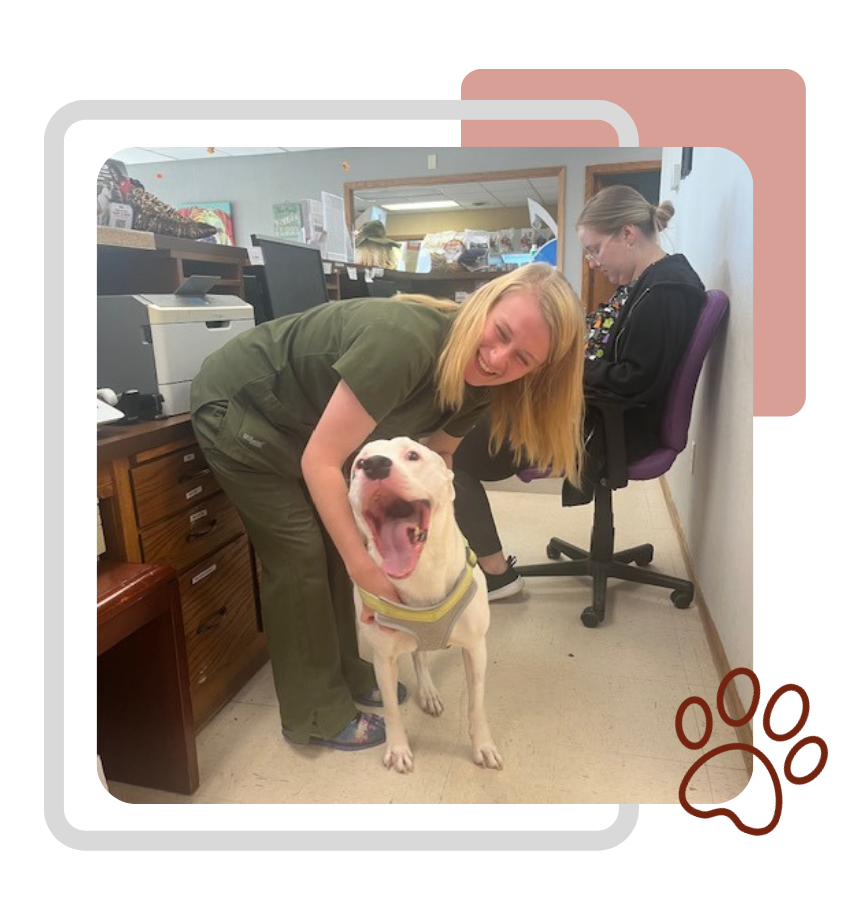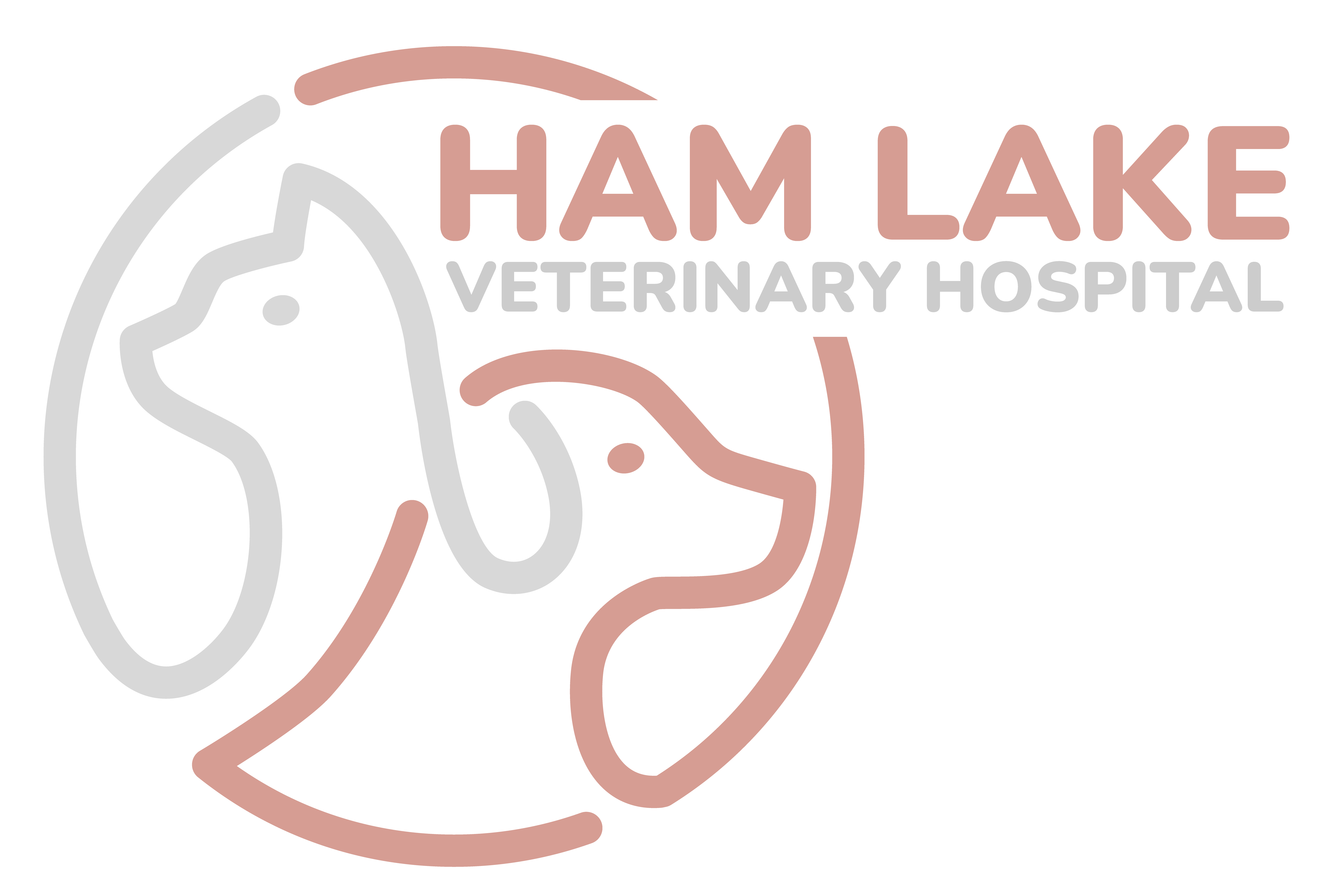
Ham Lake Veterinary Hospital
Pet Dental Care in Ham Lake
Recent studies have shown that 70% of adult cats and 80% of adult dogs show symptoms of oral disease. Your pet’s oral health is so important! Don’t let your pets become part of this statistic. Just as it’s important for you to see a dentist regularly, it’s important for dogs and cats as well.
Protect your pet's smile.
Your Pet’s Dental Health Is More Important Than You Think
Your pet’s dental health is inextricably linked to their general wellbeing. Bad breath is generally the first clue that something isn’t right with your pet’s mouth. If left untreated, a condition known as halitosis can spread via the circulation and harm the kidneys, heart, and other organs.
Bleeding gums, loss of interest, pawing at the face, irritability, lethargy, and depression are all symptoms of periodontal disease. Your pet is never too old for routine dental care. A comprehensive dental examination, professional dental cleaning, and good home preventative measures can help you avoid periodontal disease.
Partner With Our Team To Care For Your Pet’s Teeth
Every year, we recommend an oral checkup and cleaning. Routine cleanings and polishing, extraction, digital x-rays, and dental surgery are all part of our services. Dental specialists are also available to us. Home upkeep is critical, therefore we provide a variety of items to help you care for your pet’s teeth, including flavored/edible toothpaste (never use human toothpaste), specially designed toothbrushes, weekly plaque prevention kits with enzymatic properties, oral rinses, and dental chews with enzymatic properties.
Dental Radiographs
Dental x-rays in dogs and cats are similar to those taken in humans. An x-ray machine using small amounts of radiation is used to see the inside of your dog or cat’s teeth and those areas below the gum line that are hidden from view.
Unlike humans, dogs and cats need to be under general anesthesia for dental x-rays. Anesthesia is considered to be a safe procedure and will be performed after a general examination. It is tailored to the individual, and your pet is continuously monitored during the dental exam. Your veterinarian may perform pre-anesthetic blood tests to ensure that kidney and liver function are satisfactory prior to administering the anesthetic.
